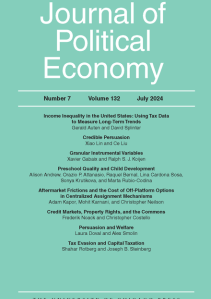Regional grants have recently come under scrutiny and are controversial. Some estimates put the employment effect of these grants at no more than 6,000 jobs in the first half of the 1990s, against expenditure of 500 million. Other aspects of the grants are questioned, such as their ability to attract foreign direct investment and their effect on productivity. This paper reviews these issues, focusing on the recent evidence for the Regional Selective Assistance scheme. It describes the nature and difficulties involved in policy evaluation, and finds that differences over the employment effect of the grants result from possible biases induced by the evaluation methodology and from differences in the job measure used. Overall, the paper argues that the regional grants are cost-effective in employment terms, but that expenditure is small relative to the scale of the problem, so that an expansion of the grants may be desirable.








